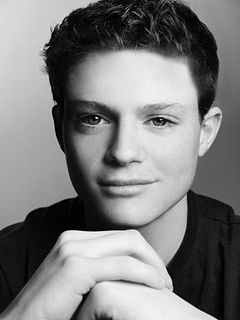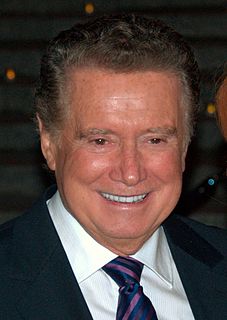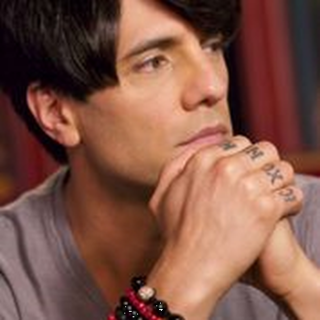A Quote by Dick Van Dyke
When I was a kid, I had ambitions for being a television announcer, which was before television took off, you know, in the late '40s.
Related Quotes
When I was a kid, I had ambitions for being a television announcer, which was before television took off, you know, in the late '40s. And just through necessity, going out looking for work, I was starting to sing, and dance, and act, and I never expected to do that, nor to have any success at it at least.
When I was a kid, I had ambitions for being a television announcer, which was before television took off, you know, in the late 40s. And just through necessity, going out looking for work, I was starting to sing, and dance, and act, and I never expected to do that, nor to have any success at it at least.
Television is making, there was in independent film renaissance late '80s through the mid-90's. It was an amazing time. Television is doing that right now. So that's why everybody wants to do it. I mean if you're writing stuff like, you know, Fargo, or True Detective, or any of these things that are on, Breaking Bad, there are no rules in television.
I did, of course, eventually find my way into television, taking all kinds of jobs, climbing the ranks rung by rung. Anyway, it was several years later, when I was working nationally in Hollywood as the announcer and second banana on ABC-TV's late-night entry, 'The Joey Bishop Show,' that I had my big moment.
I started on television. I had five years of network television before I ever got up on a stage. The first thing I ever did was in 1967. This guy Bill Keene had a little talk show at noon, and Gary Owens took over for a week. He knew about this dummy bit I used to do, this ventriloquist thing, and I was on 'Keene at Noon.'
The days of television as we knew it growing up are over. You have a bigger, wider world audience on the Internet, larger than any American television series. People don't watch television in the same context as before. Nowadays they watch their television on the Internet at their convenience. That's the whole wave, and it's now - not the future.
We have currently a built-in allergy to unpleasant or disturbing information. Our mass media reflect this. But unless we get up off our fat surpluses and recognize that television in the main is being used to distract, delude, amuse, and insulate us, then television and those who finance it, those who look at it, and those who work at it, may see a totally different picture too late.
































